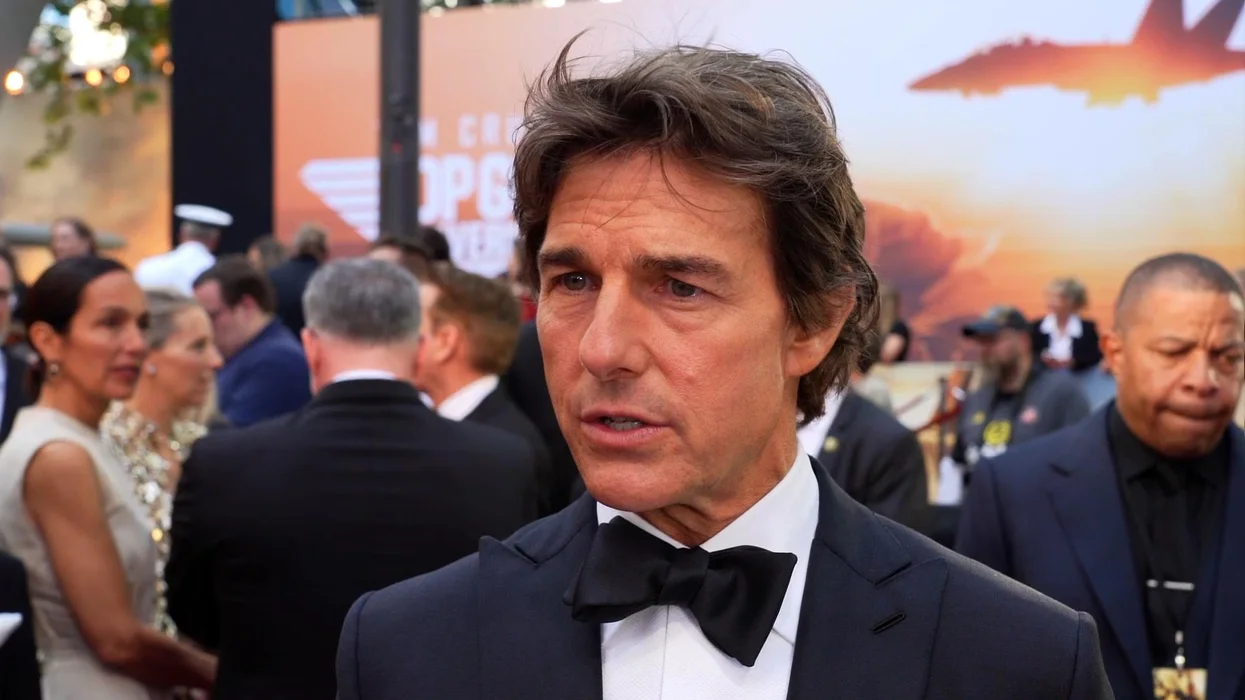James Clavell’s “Shogun,” originally published in 1975, has long been recognized as a pioneering work that introduced many Western readers to the complexities of Japanese culture through the eyes of an outsider. The narrative follows English sailor John Blackthorne’s unintended journey to Japan, landing him in a tangled web of feudal politics and cultural exchanges. Nearly five decades later, the influence of Clavell’s work is still palpable in modern cinema, with notable films like Tom Cruise’s “The Last Samurai” and Hugh Jackman’s “The Wolverine” echoing its themes.

A Timeless Tale of Cultural Collision
At its core, “Shogun” is more than just a story of adventure and survival. It delves into the deeper, often turbulent interactions between the East and the West, making it a rich source of inspiration for filmmakers exploring similar narratives. Michaella Clavell, the daughter of James Clavell and an executive producer on the recent “Shogun” miniseries, highlights this influence. In a discussion about the enduring legacy of her father’s work, she pointed out the thematic parallels between “Shogun” and films like “The Last Samurai,” where characters find themselves engulfed in a world vastly different from their own.

“The ‘stranger in a strange land’ trope, so vividly captured in ‘Shogun,’ has been a foundational element in many stories that followed. These films explore not just survival in an unfamiliar land but also the profound impact of cultural exchange and personal transformation.”
Reflecting on “The Last Samurai” and “The Wolverine”
In “The Last Samurai,” Tom Cruise portrays Nathan Algren, a former Army Captain who, much like Blackthorne, is drawn into the depths of Japan’s samurai-led rebellions. The film, set in 1876, mirrors the ‘stranger in a strange land’ motif, showcasing how an outsider’s perspective is changed by new cultural understandings.
Similarly, “The Wolverine” takes Hugh Jackman’s character on a journey of redemption and discovery in Japan, where he confronts not only physical adversaries, such as the Yakuza and the Silver Samurai, but also his inner demons. The setting in Japan serves as more than just a backdrop; it becomes a crucible for character development and thematic depth.
https://twitter.com/tcarchive0220/status/1761293868916728281
The Lasting Impact of “Shogun” on Global Storytelling
Michaella Clavell emphasized that the narrative sophistication of “Shogun” lies in its multi-layered portrayal of characters and cultures, avoiding the simplistic hero-versus-villain dichotomy often seen in Western interpretations of other cultures.
“It’s a complex look at the culture, not an oversimplistic dismissal from a Western point of view.”
This nuanced exploration challenges viewers and readers alike to reconsider their views on heroism and influence.
“Shogun” also raises questions about the impact an individual can have on a foreign culture. These themes resonate deeply in contemporary discussions about globalization and cultural assimilation, making Clavell’s work continually relevant.

Conclusion: A Legacy of Storytelling and Cultural Respect
As the “Shogun” miniseries breathes new life into James Clavell’s epic, viewers are reminded of the novel’s profound impact on storytelling and its respectful, albeit dramatized, portrayal of Japanese history and culture. Whether or not a sequel to the miniseries will be produced remains to be seen, but the thematic echoes of “Shogun” will undoubtedly continue to influence filmmakers for years to come.
By revisiting “Shogun” and its cinematic progeny, we not only celebrate James Clavell’s mastery of narrative but also appreciate the delicate art of storytelling across cultures. It’s a reminder that true understanding comes from immersion and respect, principles that remain at the heart of Clavell’s legacy and the films it has inspired.

